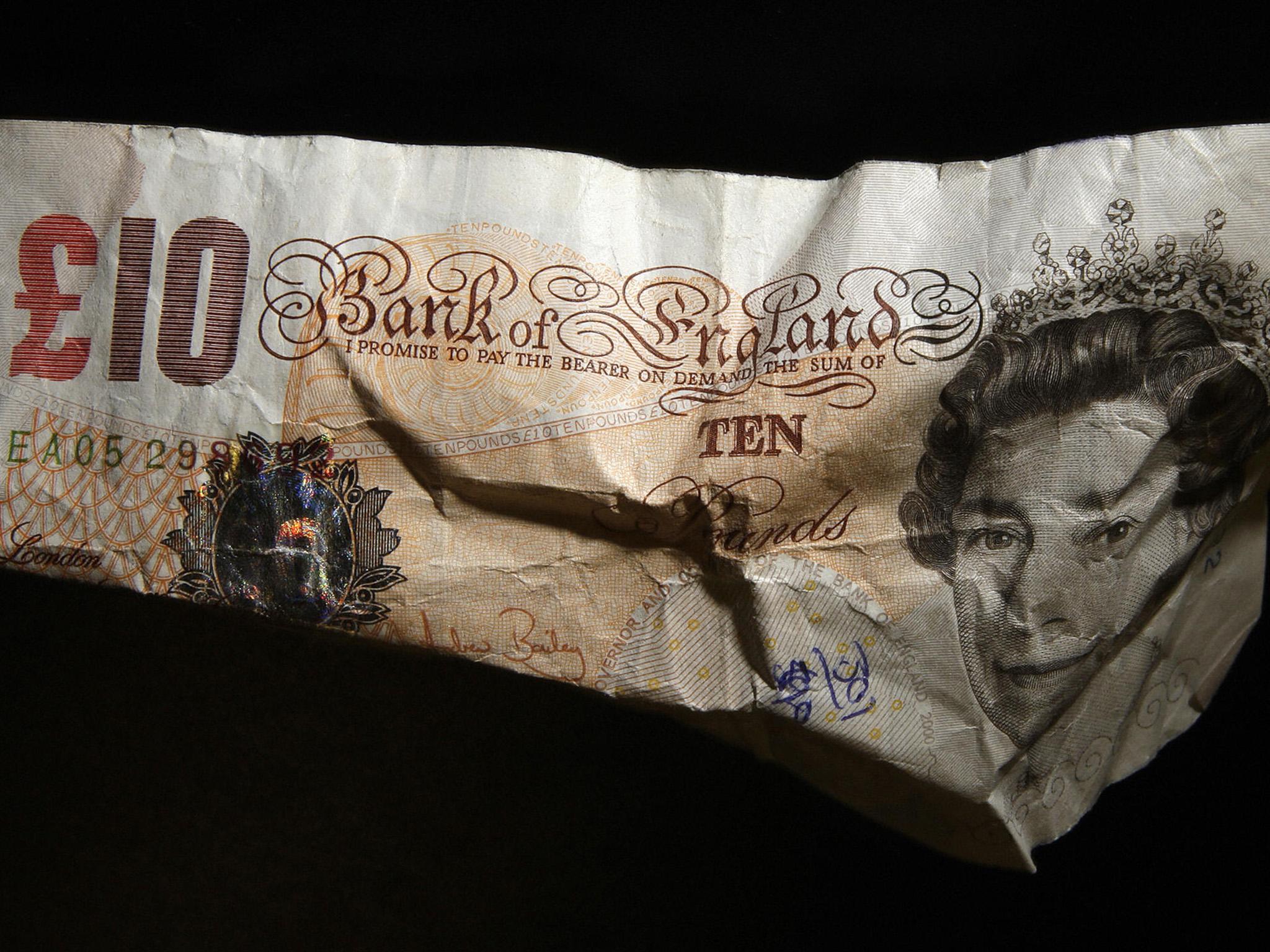Hedge funds have ramped up their bets on pound falling further against the dollar to record levels in the wake of the Brexit vote, new data show.
A Bloomberg analysis of futures and options contracts in sterling held by hedge funds and other large asset managers shows a heavy weight of money betting against the British currency in the week to 9 August.
The net number of contracts (short positions minus long positions) betting on sterling to fall further against the US dollar increased to 90,082 in the week to 9 August.
The data is published weekly by the US Commodity Futures Trading Commission, and the latest figure shows the largest net negative position for sterling since the CFTC started collecting the data in 1992.
Record bets versus sterling

Each contract is worth £62,500 making the total bets against sterling worth around £5.63bn.
There were 125,605 short contracts and only 35,523 short contracts, yielding the market's net short position of 92,082.
There has not been a net long position on sterling since November 2015.
“Whilst we cannot always rely on hedge funds to get it right, market sentiment has declined for Sterling and may do so further as more economic data is released” said Ana Thaker of PhillipCapital.
Sterling endured its biggest single day’s fall in modern history on 24 June as the UK electorate voted to leave the single currency, catching most in the financial markets by surprise.
The pound sank 8 per cent to its lowest value against the dollar since 1985 as traders reacted to the prospect of the UK losing its membership of the single market.
After a slight rebound over the past month, the pound is now on a falling trend again and yesterday, the value of sterling fell by almost half a cent to $1.2872.
And against the euro it slipped below €1.15 for the first time in three years.
On a trade-weighted basis sterling is now down 12.4 per cent since the 23 June plebiscite.
Data from the Office for National Statistics on Thursday will show how retail sales – which account for around 30 per cent of household consumption – performed in July in the wake of the Brexit.
This is one of the first items of “hard” economic data from the ONS since the Brexit vote and will be carefully scrutinised by financial markets to see whether the picture is as bad, or better, than feared.
Heavy hints from the Bank of England’s Monetary Policy Committee that the base rate will be cut again later this year have also been weighing on sterling since the rate was slashed to just 0.25 per cent earlier this month and the Bank restarted its asset purchase programme.

Join our commenting forum
Join thought-provoking conversations, follow other Independent readers and see their replies
Comments